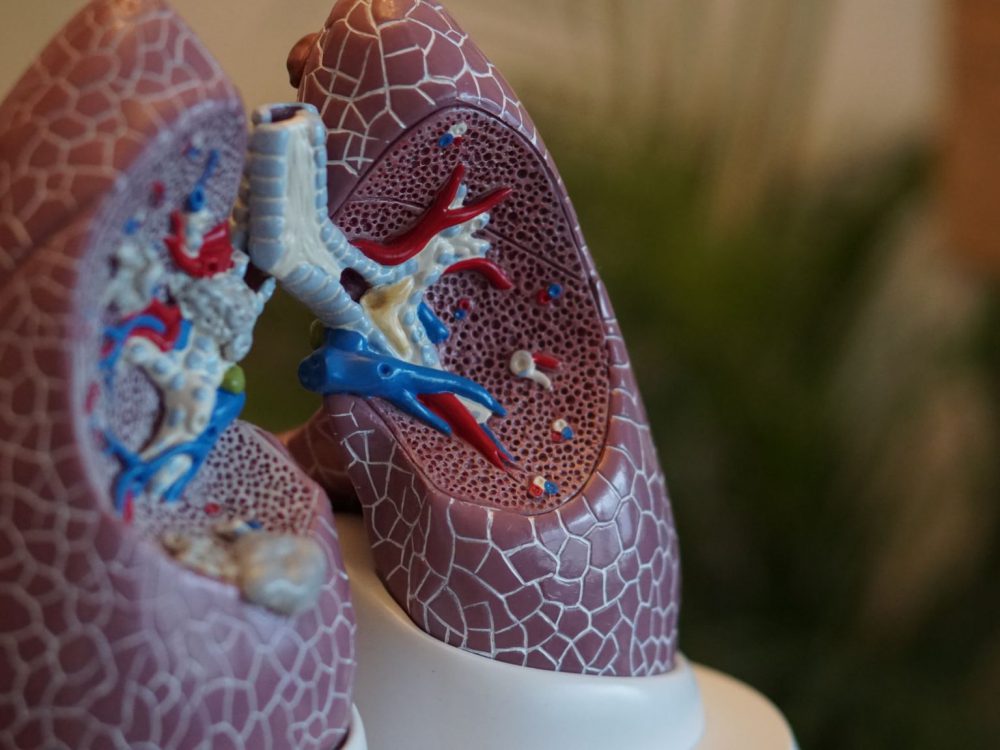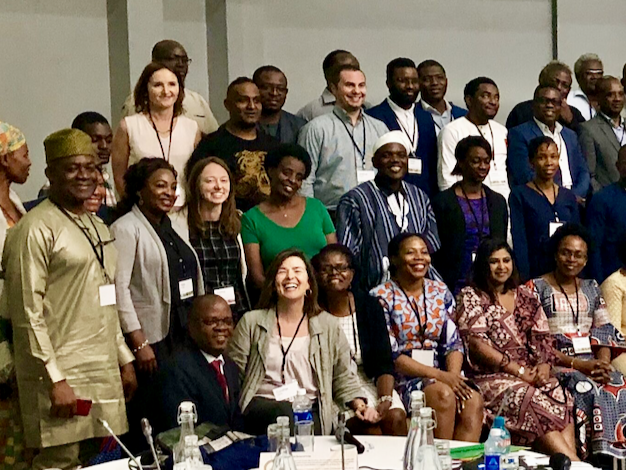The Tobacco Control Data Initiative
The Tobacco Control Data Initiative (TCDI) was launched in 2019 and is implemented by Development Gateway: An IREX Venture, in partnership with the University of Cape Town’s Research Unit on the Economics of Excisable Products and funded by a grant from the Bill and Melinda Gates Foundation. TCDI aims to supply governments, civil society, and academia with improved access to country-specific data that will inform better tobacco control policy design and implementation. The program has built national websites that present data from different sources, including primary data collected through TCDI and existing secondary data made publicly available and papers published in peer-reviewed journals.
Tobacco use continues to harm individuals and communities. More than seven million people will die each year from direct tobacco use and another 1.2 million non-smokers will die due to exposure to secondhand smoke.
Despite public awareness efforts and the adoption of the Framework Convention on Tobacco Control by more than 179 countries, tobacco usage is on the rise in low- and middle-income countries, including within southern, western, and eastern Africa. Unless serious tobacco control initiatives are passed and successfully implemented, tobacco use could double in the African continent within a decade.
Unfortunately, there is no single resource to access the comprehensive tobacco data that governments need to make policy decisions. TCDI is working to fill this gap in a number of countries, creating websites for the Democratic Republic of the Congo, Ethiopia, Kenya, Nigeria, South Africa, and Zambia that integrate both primary and secondary research to present comprehensive data on tobacco use.
Getting Timely, Relevant, and Trusted Data to Policymakers
In partnership with the University of Cape Town’s Research Unit on the Economics of Excisable Products (REEP) and with support from the Bill & Melinda Gates Foundation, this 3.5-year program works to address barriers to data use in tobacco control by consolidating available and trusted tobacco control data, identifying and filling data gaps, and creating an online resource for comprehensive tobacco-related data and information.
After initial desk research, TCDI completed country assessments in our target countries, interviewing more than 100 stakeholders on tobacco use and control data needs. After each assessment, TCDI synthesized findings, identified key data gaps, shared the findings with key stakeholders, and conducted workshops in each country to validate the findings and agree on which primary data gaps the team would prioritize.
The TCDI websites for DRC, Kenya, Ethiopia, Nigeria, South Africa, and Zambia were publicly launched in 2023. TCDI has also conducted additional primary research to fill data gaps identified early in the process, including research on shisha in Nigeria and e-cigarette research in South Africa.
In November 2023, the program received additional funding for an additional four years to implement the second phase: TCDI 2.0. As part of the next phase, the Center for the Study of the Economies of Africa (CSEA) was selected as the sustainability partner. TCDI 2.0 will focus on three primary goals: ensuring that the six TCDI country-specific websites are updated with the most recent data, maintaining government officials as key stakeholders in using the websites in policymaking, and transitioning management of TCDI to an African institution by year four. DG will continue to administer the back end of the dashboards. This arrangement will ensure continuity and up-to-date information through at least November 2027.
TCDI South Africa Dashboard
TCDI Nigeria Dashboard
TCDI Zambia Dashboard
TCDI Ethiopia Dashboard
TCDI Kenya Dashboard
TCDI DRC Dashboard
Share
Recent Posts

Tobacco Cessation: Another Tool for Governments Fighting Coronavirus?
As experts scramble to better understand why Covid-19 can impact individual patients so differently, a growing body of evidence suggests that one factor contributing to the severity of the disease is whether the patient is a smoker. Could enhanced tobacco control policies be another tool for governments fighting the virus?

The Tobacco Control Data Initiative (TCDI): A New Partnership with African Policymakers to Utilize Data for Effective Tobacco Control
DG is pleased to announce a new program supported by the Bill & Melinda Gates Foundation (BMGF) to work with African policymakers, governments, and civil society organizations to use data to promote tobacco control across the continent.